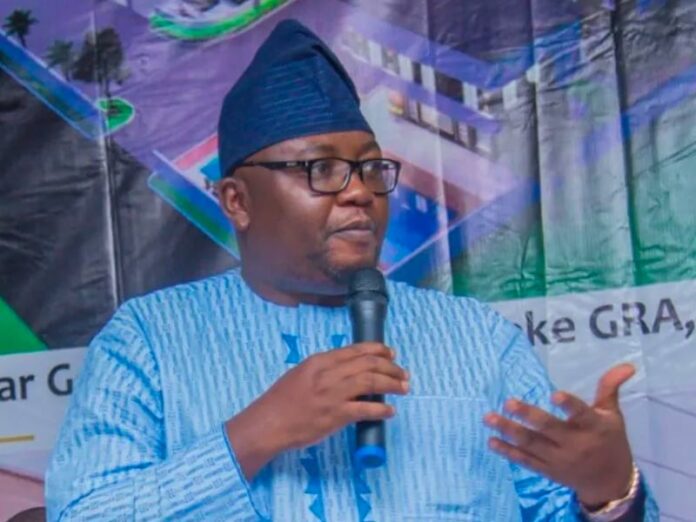The Managing Director of Mainstream Energy Solutions Limited, Engr Lamu Audu, has lamented that despite several tariff reviews, the Nigerian electricity sector still faces liquidity shortfalls, under-recovery by the distribution companies, and inadequate infrastructure investment.
The generation company also attributed the challenge to political and social considerations, which he said have frequently resulted in tariffs lingering below actual cost levels.
Audu spoke in Abuja on Thursday as a keynote speaker at the 5th Annual Conference of the Power Correspondents Association of Nigeria (PCAN), themed “Cost-Reflective Tariff vs. Energy Poverty: Finding a Pricing Balance in the Nigerian Power Sector.”
Represented by the Managing Director/CEO of the Nigerian Independent System Operator (NISO), Engr. Abdul Mohammed, the Mainstream Energy boss said electricity tariff design is not merely a mathematical exercise but the heartbeat of the power sector that determines whether utilities can recover their costs, whether investors can see credible returns, and whether consumers can afford to remain connected.
“At its core, the tariff question is about finding the equilibrium between commercial sustainability and social fairness between ensuring that our operators remain viable and ensuring that no Nigerian is pushed further into energy poverty.
“The structure of the Nigerian Electricity Supply Industry reflects this delicate balance. It is a value chain where every segment generation, transmission, and distribution depends on the other for survival. Yet, despite several tariff reviews guided by the Multi-Year Tariff Order, the sector continues to face persistent liquidity shortfalls, under-recovery by the Distribution Companies and inadequate investment in infrastructure, and weak supply reliability that often undermines consumers’ willingness to pay.
“While the tariff framework provides a transparent methodology based on key variables such as exchange rate, inflation, and gas price, political and social considerations have often led to tariffs that remain below actual cost levels. The result is a system that struggles to attract investment, sustain operations, and deliver the level of service that Nigerians rightly expect.
“But beyond economics lies a deeper issue, the enduring challenge of energy poverty. Millions of households in Nigeria still lack access to reliable electricity. For many, connection to the grid does not guarantee supply, and for others, the cost of energy remains beyond reach. Energy poverty is not just about a lack of connection; it is about the inability to afford sufficient power for daily life and productive enterprise. It is about children unable to study at night, small businesses unable to grow, and industries forced to rely on costly alternatives.
“We cannot ignore the fact that rising inflation, unemployment, and declining purchasing power have eroded the capacity of many Nigerians to pay higher tariffs, even when supply improves. And yet, without cost-reflective tariffs, our utilities cannot recover costs, investors cannot commit capital, and our electricity infrastructure will continue to deteriorate. The real question, therefore, is not whether we should have cost-reflective tariffs, but how to achieve them in a way that preserves affordability and protects the most vulnerable among us,” he said.
Finding a thoughtful balance and multidimensional strategies to boost sustainability, suggested targeted subsidy mechanisms that reach the truly vulnerable, rather than blanket subsidies that distort market signals and sustain inefficiency.
According to him, properly designed lifeline tariffs and data-driven welfare-linked rebates can provide real protection for low-income consumers while allowing the market to function efficiently.
To relieve pressure on tariffs, Audu also emphasized the need to confront ‘inefficiency head-on’ to reduce technical, commercial, and collection losses. He also called for improved transparency in the sector to drive operational efficiency, strengthen investor confidence and ensure that tariff adjustments are grounded on verifiable performance data.

